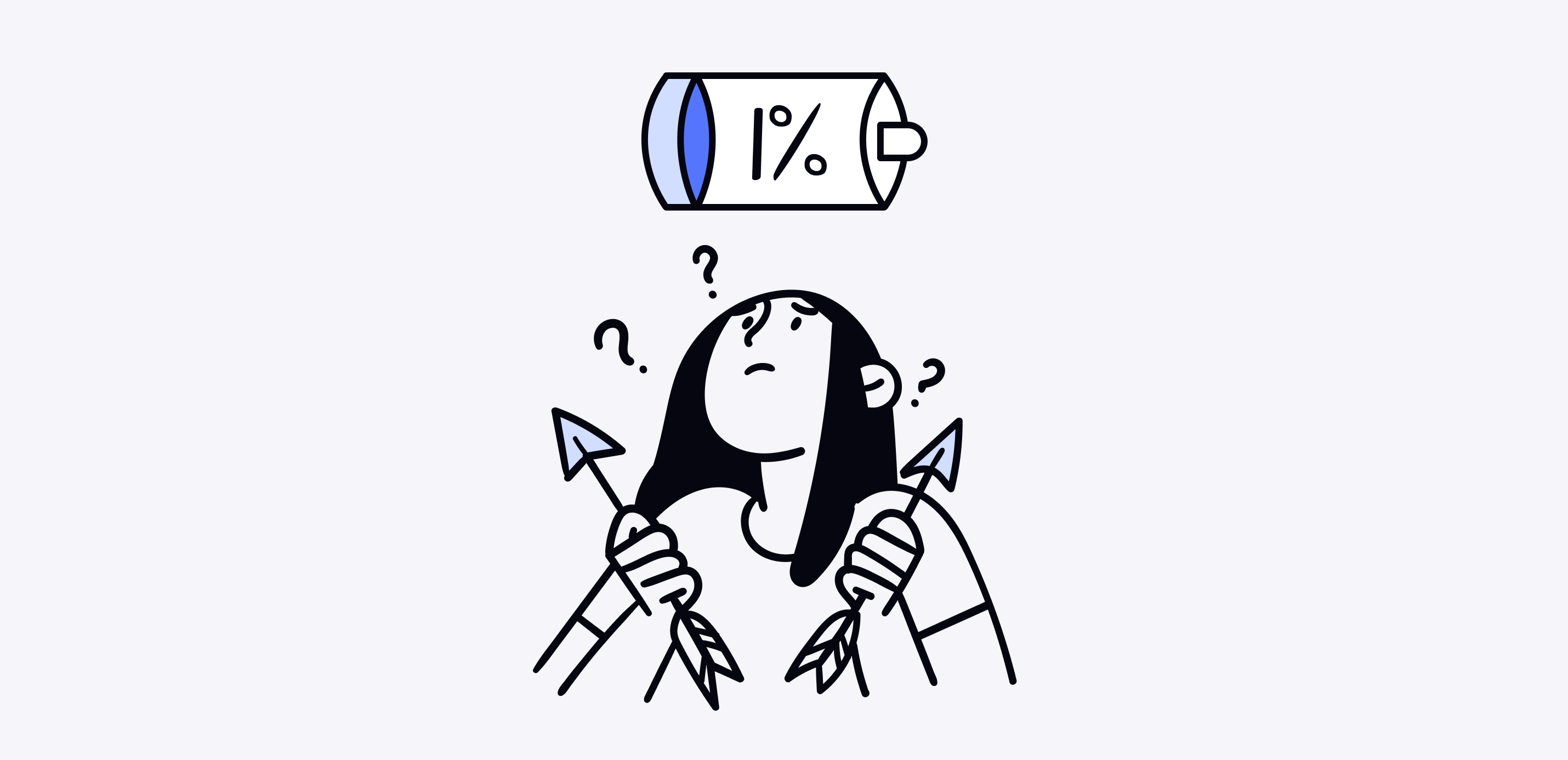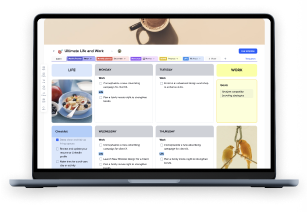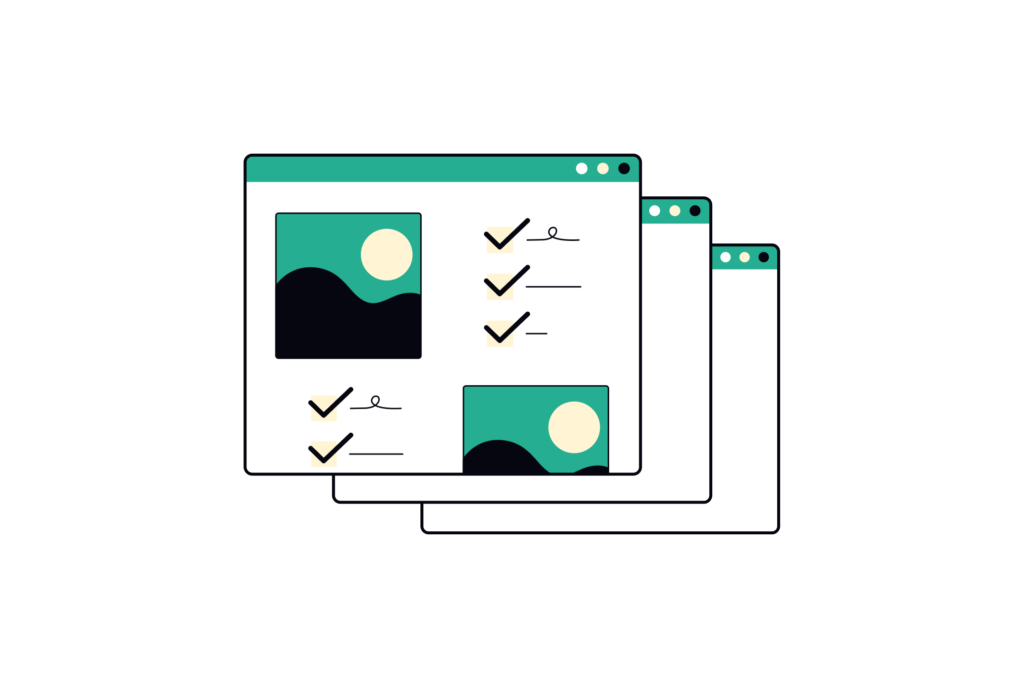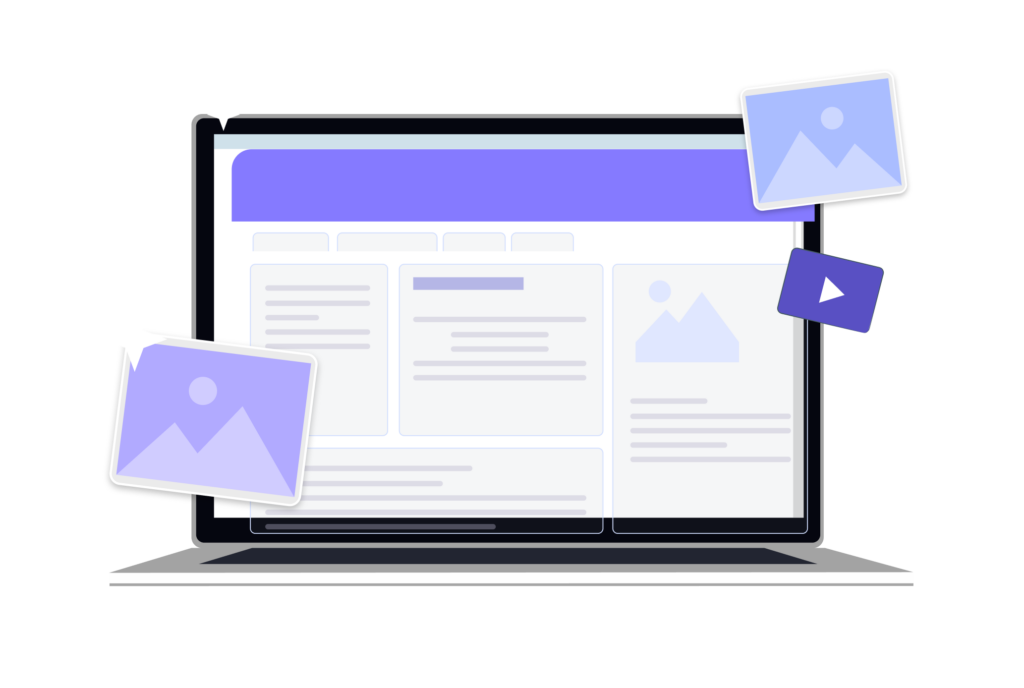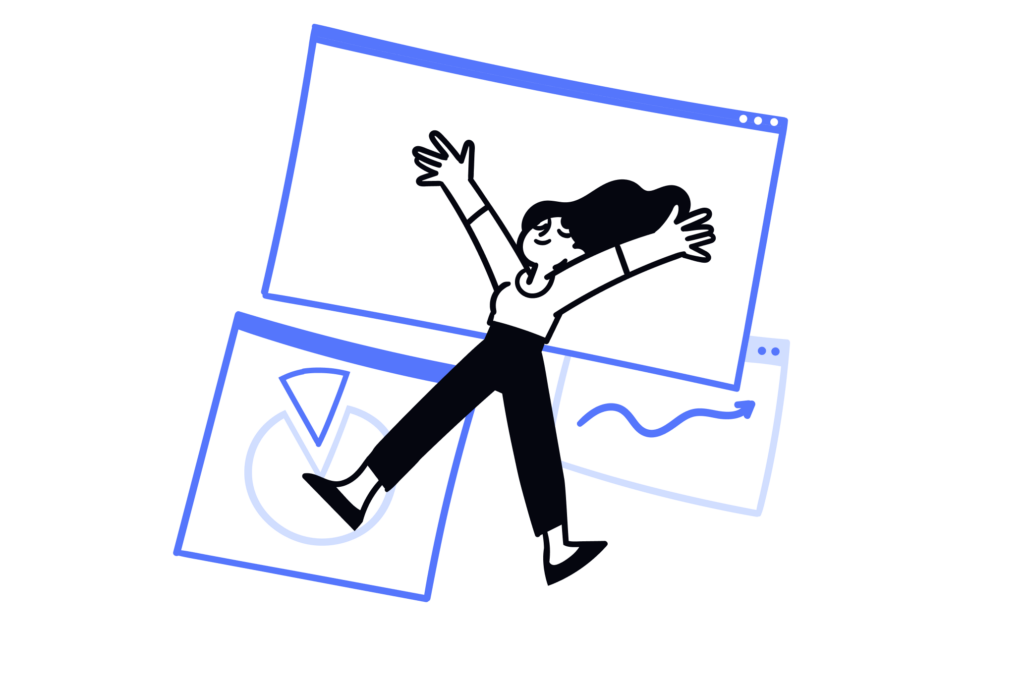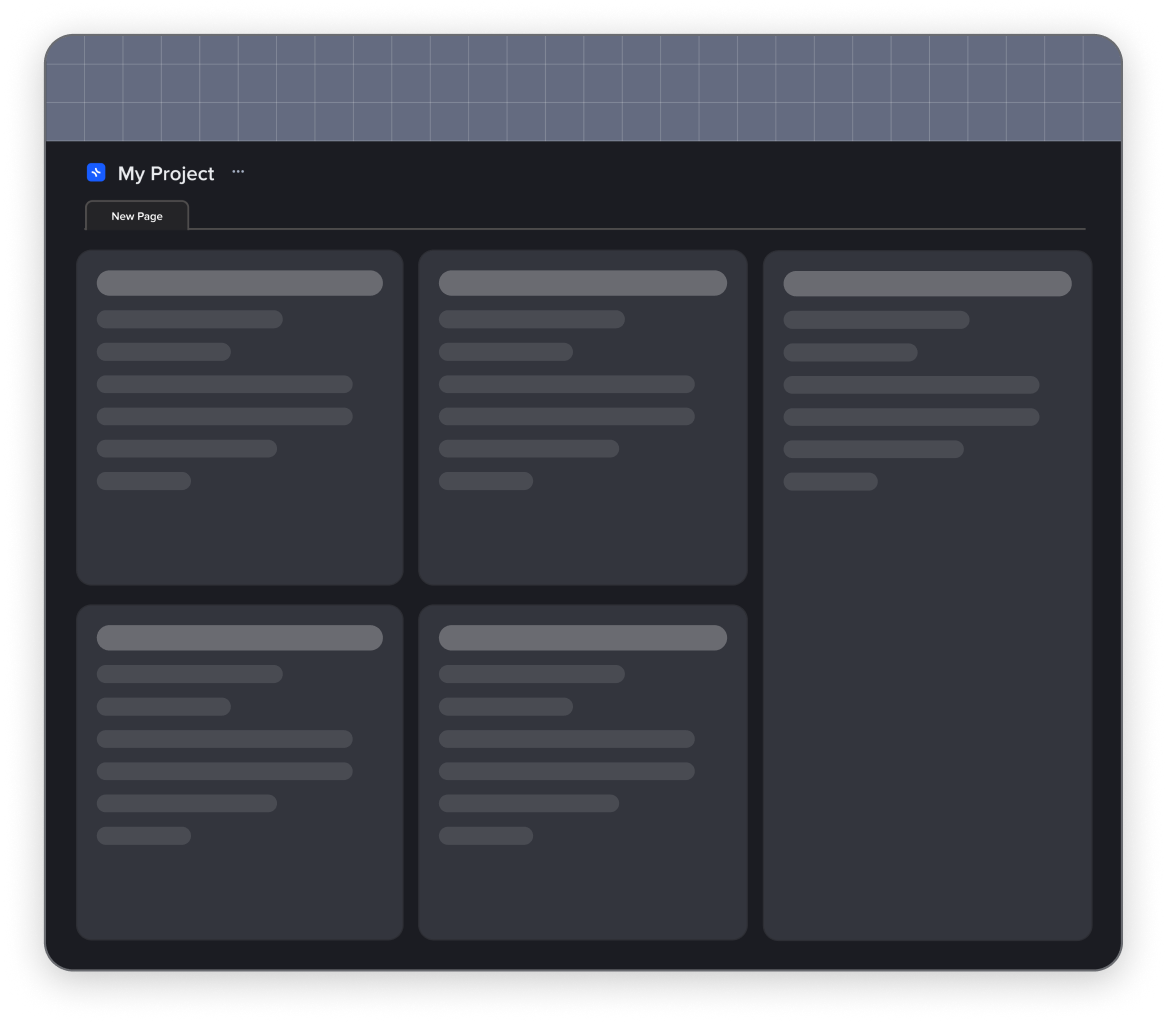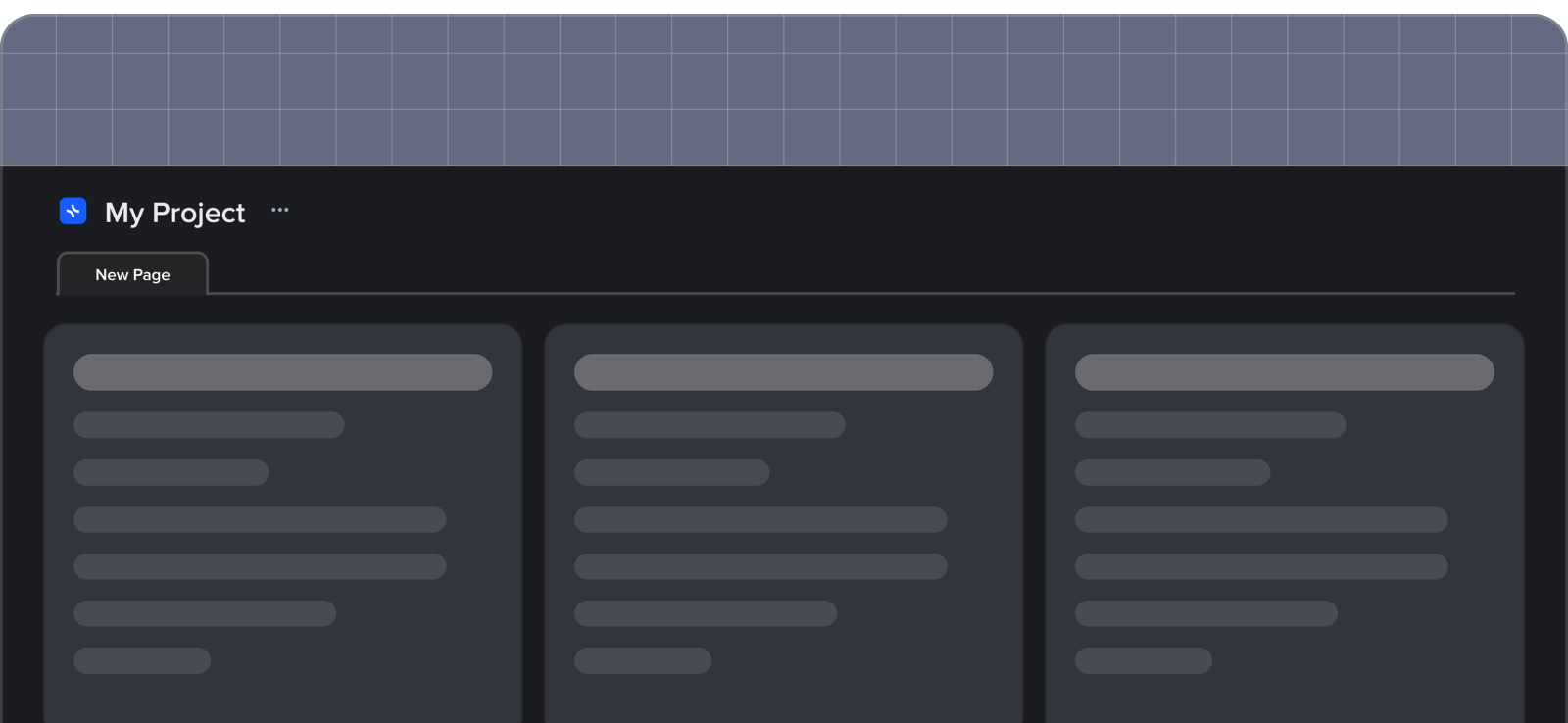We’ve all felt tired following a long day of work after some grueling mental activity, even though our jobs don’t require physical labor. You push through meetings, emails, and tough tasks, only to find yourself thoroughly pooped by the time you clock out.
If you often feel tired after work, you’re not alone. In this article, the causes of the most common complaint of fatigue will be explored, as well as how to recover or bounce back to feel more energetic after work and how to cope.
Common Symptoms that You Need Some Rest

- Trouble Focusing
If you find yourself easily distracted, having difficulty concentrating on tasks, or zoning out during meetings, it could be a sign of mental fatigue and tiredness. You may think it’s just a bad day, but in case you’ve been thinking it’s a bad week or even month, it’s time to slow down. - Decreased Productivity
Feeling exhausted can lead to a noticeable drop in your work performance and productivity. You may find it harder to complete tasks efficiently or make decisions. Intense mental activity starts to bring you more struggle than usual. - Physical Symptoms
Tiredness can manifest physically through symptoms like headaches, muscle tension, heavy eyelids, and a general feeling of sluggishness or lack of energy.
Sometimes, you are so tired, you can’t even stay asleep for the whole night and you’ve already forget what it is to have full eight hours or divine sleeping. - Mood Changes
Fatigue can impact your emotional state, leading to irritability, mood swings, or a lack of motivation and engagement in your work. - Difficulty Staying Alert
You may struggle to stay awake or alert, especially during periods of inactivity or monotonous tasks. - Increased Mistakes or Errors and trouble focusing on your tasks
Tiredness can impair your cognitive abilities, increasing the likelihood of making mistakes or overlooking important details in your work. The more mentally demanding work you need to complete, the more mistakes there are likely to be. - Feeling Overwhelmed
Simple tasks or challenges that you would typically handle with ease may feel overwhelming or daunting when you’re tired. You’re one step from workplace stress, where you want to hide in the bathroom and cry. - Craving Caffeine or Sugar
A strong desire for caffeinated beverages or sugary snacks can be a sign that your body is seeking a quick energy boost to combat fatigue. - Physical Exhaustion
If you feel physically drained or exhausted, even after a good night’s sleep, it could be a sign of excessive tiredness at work. - Difficulty Staying Motivated
Tiredness can make it challenging to find the motivation to tackle your work responsibilities or engage in tasks that typically excite you.
How many points did you get? We hope not many, and a few days off with your loved ones or isolated from the annoying world can restore your strength and capacity.
If not, and you feel like you need to lay on your sofa for eternity, let’s dive deeper and find out the exact reason or reasons for you feeling so tired to come up with the best strategy to beat it.
Let’s examine some physical, mental, and lifestyle factors that can explain why you feel tired after work.
Physical Factors of Why We Might Be Tired

Sedentary Job Nature
Many modern jobs require prolonged periods of sitting, which can contribute to sluggishness and fatigue. Even if your work isn’t physically demanding, lack of movement and physical activity throughout the day can leave you feeling drained.
Incorporating movement breaks or light exercise, such as taking a brief walk to get some fresh air or doing desk stretches, can help combat the effects of a sedentary lifestyle and workplace burnout.
Poor Posture and Ergonomics
Improper sitting positions and poor workstation setup can cause muscle strain, tension, and discomfort, leading to physical exhaustion. Imagine what would happen if, day after day, you sat like a shrimp during your working hours. Your body won’t thank you, especially after leaving the office. You’re going straight home to lie on your sofa and binge-watch your favorite TV series.
Inadequate Nutrition and Hydration
Skipping meals, having a poor diet, and failing to stay hydrated can significantly impact your energy levels.
Healthy foods and proper hydration are essential for maintaining physical energy throughout the day. Eat nutrient-dense foods, such as fruits, vegetables, whole grains, and lean proteins, and drink plenty of water to avoid even mild dehydration, which can contribute to fatigue.
Mental and Emotional Factors of Why We Might Be Tired

Mental Fatigue and Cognitive Load
Many jobs require sustained focus, decision-making, problem-solving, and multitasking, which can drain mental resources and lead to mental exhaustion. This mental fatigue can manifest as physical tiredness, making completing work-related tasks or engaging in personal activities after work challenging.
However, you can have a dull job, and your home life might not be better. In this case, you feel drained without working hard for eight hours straight. It would be best to change your job if possible. Try to do something entirely else. At least after working hours, you’re free to do whatever you want. Use this chance to allow yourself and your brain to rest.
Stress and Anxiety
Work-related stress and anxiety can take a significant toll on your energy levels. When you experience post-work tiredness, your body triggers the fight-or-flight response, releasing hormones like cortisol that can deplete your physical and mental energy reserves.
Chronic stress can also contribute to emotional exhaustion, further exacerbating feelings of fatigue, or even worse – anxiety, depression, burnout, breakdown, etc.
Lack of Motivation and Engagement
If you find your work unfulfilling or lack a sense of purpose, staying motivated and engaged can be challenging, leading to increased mental tiredness. Finding meaning and satisfaction in your work can help combat this lack of motivation and the associated fatigue.
Lifestyle Factors of Why We Might Be Tired

Poor Sleep Quality
Insufficient or disrupted sleep is a major contributor to daytime fatigue and decreased productivity. Most adults need around seven to nine hours of sleep daily to function optimally.
Establishing good sleep habits, such as maintaining a consistent sleep schedule, creating a sleep-friendly environment, and limiting screen time before bed, can improve sleep quality and reduce post-work exhaustion.
Lack of Work-Life Balance
Failing to separate work and personal life can lead to constant exhaustion. When work demands encroach on your personal time, it becomes difficult to recharge and recover from the mental and physical demands of the workday. You’re not only tired after work, but your stress levels are also high during the whole day.
Establishing healthy boundaries and prioritizing self-care activities can help promote a better work-life balance and reduce fatigue.
Commuting and Travel Time
Long commutes or frequent business travel can add to overall fatigue, as the time spent traveling can be mentally and physically draining. The moment you come to the office, you’re already tired. There’s no need to wait until 5 PM because you start your day with low energy.
Many escaped this trap by shifting to remote work. For many, COVID became a salvation as they realized they could be much more productive without regularly being present in the office.
However, if you can’t work from home because of your job specification or simply because being alone is bad for your mental health, you will need to find other ways to reduce overall stress from morning commuting.
How to Overcome Tiredness After Work?

Feeling tired after work is a common experience, but persistent exhaustion can affect your physical and mental health, as well as your overall well-being.
Fortunately, there are steps you can take to combat post-work fatigue and regain your energy levels. We already discussed certain reasons why you feel exhausted after work. Here are a few other tips and effective strategies to help you overcome tiredness after work:
Have Enough Sleep
Insufficient or poor-quality sleep is a major contributor to daytime fatigue and decreased productivity that might lead to sleep deprivation. In this condition, an individual consistently fails to obtain the recommended amount of sleep needed to function optimally over an extended period.
Aim for seven to nine hours of sleep each night to ensure your body and mind are well-rested.
Going to bed early might not be a sufficient strategy for getting enough sleep, as you may lay down for hours fully awake and feel tired and annoyed. Establish a consistent sleep schedule, create a sleep-friendly environment by keeping your bedroom cool, dark, and quiet, and limit exposure to blue light from electronic devices before bedtime.
If it’s impossible for you to just lay and wait for the moment you fall asleep, try reading a book (but please, the paper one, not from your smartphone). If silence makes you uneasy, you can try to use some white noise or ASMR records.
Manage Stress and Promote Mental Well-being
Chronic stress and emotional exhaustion can deplete your physical and mental energy reserves. Practice stress management techniques, such as deep breathing exercises, mindfulness meditation, or engaging in relaxing hobbies. Seek support from loved ones or consider seeking professional help if you’re struggling with anxiety or depression.
Incorporate Regular Exercise
Physical exercise is a powerful tool for combating fatigue and boosting energy levels. Even a short morning workout can help reduce muscle tension, improve sleep quality, and increase endorphin levels, promoting a sense of well-being.
You don’t have to spend a few hours every day in a gym. A few minutes of light exercise, such as a brisk walk or stretching, can boost energy after a mentally demanding workday.
The main point is choosing an activity that you like. Otherwise, be ready for one more factor that makes you feel fatigued and exhausted.
Also, if you spend 8 hours in from of your computer daily, try to shorten the time sitting in front of your desk by getting yourself a table that can adapt to your height allowing you to work standing.
Maintain a Healthy Diet and Stay Hydrated
If you feel tired after work, even if it was the laziest working day ever, you may need to dig deeper than your physical activity. Maybe your body just doesn’t get enough fuel?
Proper nutrition and hydration are essential for maintaining physical energy throughout the day. Incorporate nutrient-dense foods, such as fruits, vegetables, whole grains, and lean proteins, into your diet. Establish regular hours for eating just like you have your work hours. Try not to skip any of your meals, especially your breakfast, as you need to start a day powerfully.
Avoid processed foods and sugary snacks, which can cause energy crashes. Additionally, stay hydrated by drinking plenty of water, as even mild dehydration can contribute to fatigue.
Establish a Healthy Work-Life Balance
Failing to separate work and personal life can lead to constant exhaustion. If you can’t concentrate on the present moment after work, whether you’re spending an evening with friends or your partner, and still return mentally to your daily tasks, you need some rest and less work.
Many people romanticize being a workaholic, but it’s not a healthy tendency if your goal isn’t to feel tired 24/7.
Set healthy boundaries and prioritize self-care activities outside of work. Engage in hobbies, spend quality time with loved ones, or simply relax and recharge. This balance will help you recover from the mental and physical demands of the workday.
Practice Mindful Productivity
While at work, incorporate mindful productivity techniques to help manage mental fatigue. Take regular breaks to stretch, go for a brief walk, or practice deep breathing exercises.
Taking breaks can help you regain focus and prevent mental exhaustion. Have a little chit-chat with your colleague while making coffee or open that meme your friend sent you. Get your mind out of your work tasks just for a few seconds, if possible.
Many office workers start smoking just to be able to leave their workspace for a moment. However, this habit won’t help you overcome constant tiredness. It’s only one more brick of poor well-being.
Optimize Your Workspace
Poor posture and ergonomics can make you feel tired after work, even though everything else we talked about was perfect. Ensure your workstation is set up ergonomically, with your computer screen at eye level, proper back support, and comfortable keyboard and mouse positioning.
Implement Planning and Time Management
Another way to feel even more overwhelmed is a long list of “things to do” and inability to control the timetable of the day. Proper planning for a workday and task prioritizing can save a person’s time and thus reduce stress, contributing to enhanced productivity and more energy after work.
Consider using productivity tools like xTiles, with which you can easily place your tasks and priorities on a digital board by drag-and-drop.
The other suggestion would be to separate bigger projects into small and manageable steps. This way, therefore, you can be focused on it without feeling overwhelmed or, finally, mental exhaustion.
Seek Professional Help if Necessary
If your exhaustion or fatigue doesn’t go away after enough rest and interferes with your daily life, it’s essential to consult with a healthcare professional. They can help identify any underlying health conditions, such as chronic fatigue syndrome, and develop a personalized plan to manage your fatigue.
Conclusion
Feeling tired after work is a common experience, but persistent exhaustion can negatively impact your physical and mental health, as well as your overall well-being. By identifying the root causes of your fatigue, whether it’s mental fatigue, stress, poor sleep quality, or lifestyle factors, you can take steps to address these issues and improve your energy levels.
To support your physical energy reserves, incorporate regular exercise, maintain a healthy diet, and prioritize quality sleep. Practice stress management techniques, such as mindfulness, deep breathing, or seeking support from loved ones, to combat emotional exhaustion and promote mental well-being.
Remember, a healthy work-life balance is crucial for maintaining optimal energy levels and preventing burnout. Set clear boundaries, make time for self-care activities, and find ways to incorporate moments of rest and relaxation into your daily routine.
FAQ
1. How can I maintain energy levels throughout the workday?
Incorporate movement breaks, stay hydrated, and eat nutrient-dense foods to provide your body with consistent fuel. Practice mindfulness techniques like deep breathing to manage mental fatigue.
2. What causes tiredness after work?
Sedentary jobs, poor posture, mental exhaustion from sustained focus, stress, lack of work-life balance, and inadequate sleep can all contribute to post-work fatigue.
3. How much sleep is recommended to combat fatigue?
Most adults need 7-9 hours of quality sleep each night to function optimally and avoid daytime fatigue.
4. What are some tips for better sleep?
Establish a consistent sleep schedule, create a sleep-friendly environment by minimizing light and noise, and limit screen time before bed.


